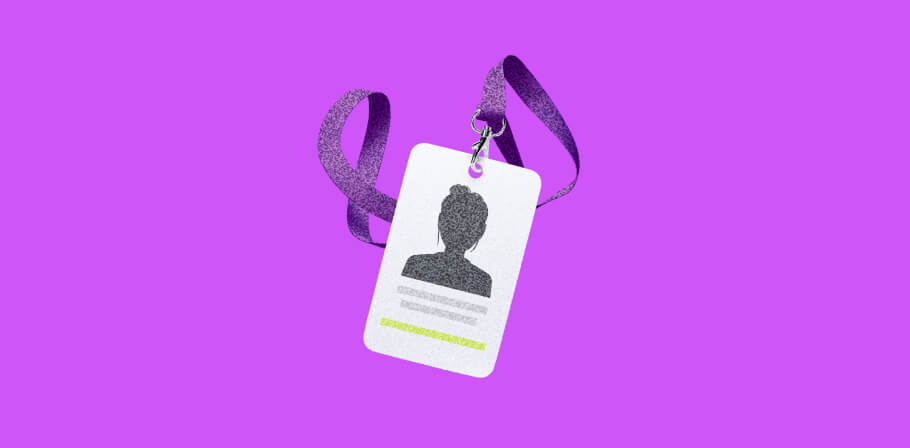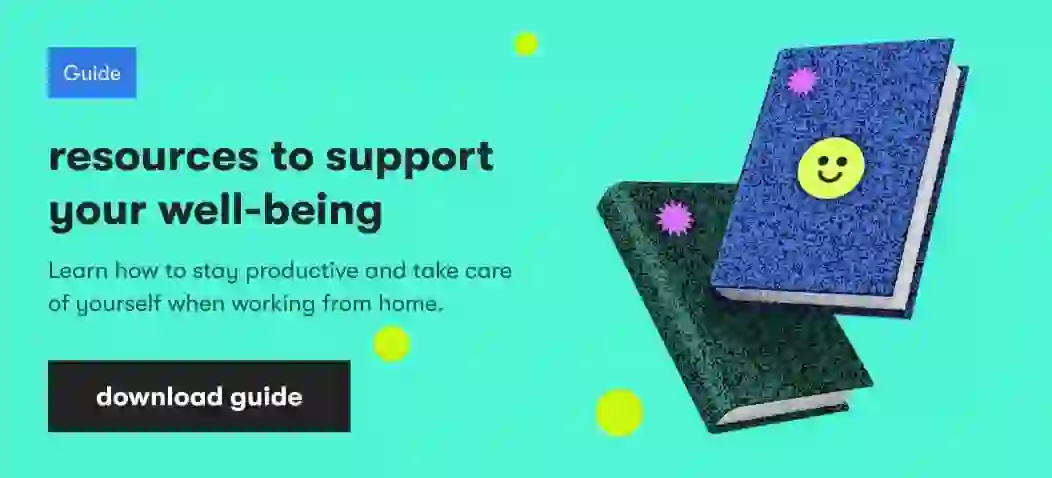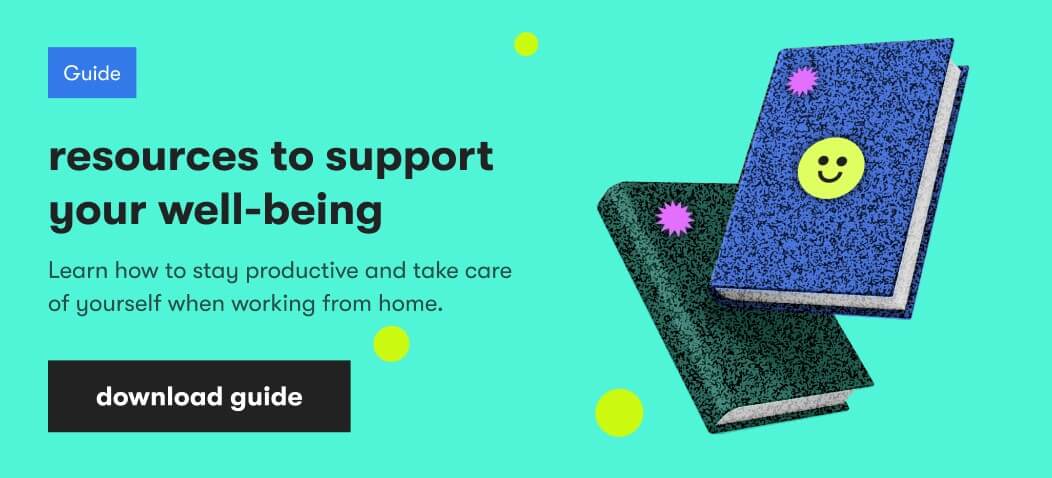Understanding our emotional states helps us become more conscious and resilient. However, some psychological conditions are tricky, and it's hard to interpret the red flags immediately. For example, existential dread often disguises itself as emotional burnout or stress.
So, what is existential dread anyway? Is it normal? Let's discover what it is, how it manifests, and what to do if you’re experiencing it.
What is existential dread?
Existential dread is a feeling that often accompanies existential crises. It’s characterized by anxiety and discomfort that occurs when a person is confronted with existential questions, like those about the meaning of life, values, loneliness, death, and freedom.
In this state, people often ask themselves questions like, "Why am I here?", "What is my purpose?" and "Is this how I want to live?" If they don’t find satisfying answers, an intrapersonal conflict occurs, which can lead to an existential crisis.
Existential questions come to us at different stages of life. Many people experience an existential crisis or existential anxiety when they:
- Transition to a new stage of life. For example, they graduate from university, have their first child, change jobs, or retire.
- Fail to fulfill social needs like work, family life, or activism.
- Have to face the fact that life is finite. For example, losing a loved one or severe illness can prompt reflection on life and death.
Psychologists claim that everyday events can't provoke an existential crisis because this type of crisis follows deep despair or a situation that makes one question the way they have been living. For example, a pandemic or natural disaster can trigger an existential crisis.
Some say that people tend to experience an existential crisis when they’re 30–50 years old. It's sometimes referred to as a midlife crisis, when a person begins to count their years not from the beginning of their life but to the end.
How to know if you’re going through an existential crisis?
How do you know if what you are going through is an existential crisis? Here are a few common signs:
- You get panicky thinking about death. Existential crises are often accompanied by frequent thoughts about the finite nature of life. You may think, "What's the point of anything if I'm doomed to die?"
- You feel isolated.
- You question your goals, values, and lifestyle.
- You regret things in your past or wonder what your life would be like if you had made different choices. For example, if you had chosen a different career path or married someone else.
- You worry about the state of the world and believe that change is impossible.
- You experience anxiety more than usual.
- You cut ties with others because you feel your relationships are meaningless or superficial.
- You have suicidal thoughts.
What are the symptoms of existential dread?
Existential dread can cause depressive symptoms such as apathy, prolonged periods of sadness, helplessness, and loss of enjoyment. On the other hand, depression can also make one ask, "What is the meaning of my existence?", "Do I matter?", and "Does my life have value?"
We know that existential crises can accompany mental health problems such as depression, bipolar disorder, obsessive-compulsive disorder, and emotional burnout. However, scientists are still debating the cause of existential dread and its effect on quality of life. In some cases, it can be a turning point, the start of a new stage in life.
Existentialists see this crisis as a necessary journey. They believe that your existential dread is normal, and it can trigger you to reevaluate your views and values and make positive changes in life.
6 ways to overcome existential dread
One of the founders of existential psychotherapy, Austrian philosopher and psychologist Viktor Frankl, described three factors that make a person's life meaningful:
- Creativity
- Experience
- Attitude
Based on these factors, experts have developed some recommendations for those going through an existential crisis.
Share your experiences with your loved ones
You can derive meaning from the love of others. One way to do so is to ask them what they value in you and your relationship. In addition to that, you can confide in those dear to you and share what haunts you, which can in itself be therapeutic. Seeking advice from the elderly can also shine a different light on what you’re going through, since they could have dealt with the same painful questions when they were your age.
Take a proactive approach to finding answers
Meaning is not discovered, it is created. The answer doesn't lie in the universe but in ourselves. Try asking yourself these questions: "What activities give me a sense of meaning?", "What brings me joy?", and "What do I worry about?" Remember that there is no "right" way to manage life.
Don't try to find a timeless solution
Existential questions can arise throughout your whole life, and what worked for you before might seem meaningless today. Concentrate on the present. Remember that what seems important right now may not matter 10 or 20 years from now, and vice versa.
Keep track of pessimistic thoughts
If you find yourself thinking, "life is meaningless and our efforts are worthless," try not to wallow in these thoughts. According to Frankl, even when we cannot change the circumstances of life, we have the freedom to choose how we react to those circumstances.
Find meaning in your work
Some experts believe that one of the main causes of emotional burnout is a failed search for meaning in one’s professional life. Psychotherapist Alfrid Langle claimed that burnout is most common among those who fail to realize their values at work.
Surely, it's easier to find meaning in some spheres than others. One way to derive meaning from work is to help others. Numerous studies show that people who help others are happier. You can offer to help a colleague with a difficult task, or help a new employee understand the company and project processes.
The way we structure our work also affects our sense of meaning. We are more invested in our jobs when we’re able to realize our skills, values, and interests.
Think about these three factors and how you can incorporate them into your work. It's not about drastically changing your role, but recognizing your unique strengths and how you can use them to help the team achieve its goals.
Seek professional help
If you cannot cope with an existential crisis on your own, seek help from a mental health professional, like a psychotherapist or a psychiatrist. When existential dread is too strong, a combination of talk therapy and medication may be necessary.
It gets better
If you’re struggling with existential dread that just won’t go away, know this — it’s completely normal to feel as if life is too burdensome or meaningless. However, with proper attention to your needs and focus on what brings you joy, it’s possible to ease the tension and keep your ruminating thoughts at bay.
Stay well!

With a focus on remote lifestyle and career development, Gayane shares practical insight and career advice that informs and empowers tech talent to thrive in the world of remote work.
With a focus on remote lifestyle and career development, Gayane shares practical insight and career advice that informs and empowers tech talent to thrive in the world of remote work.
Explore our Editorial Policy to learn more about our standards for content creation.
read more

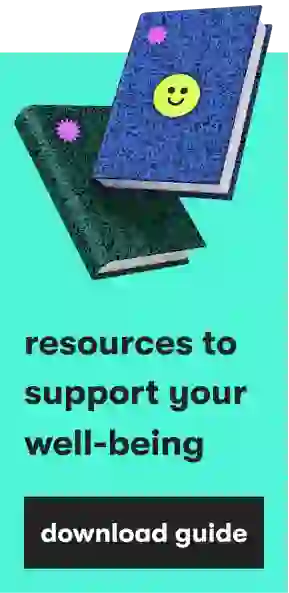
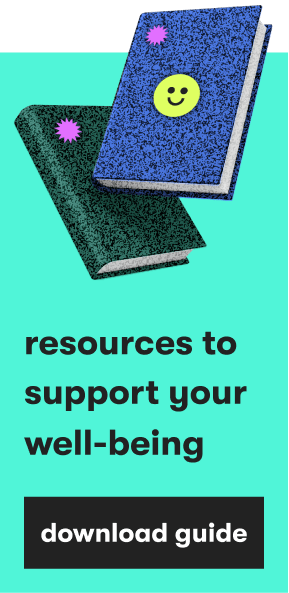
.jpg)

